How women are beating men in the real estate game
Aussie women are proving they don’t need a man to help them buy their dream home, by dominating real estate ownership in sought-after parts of the country.
Property
Don't miss out on the headlines from Property. Followed categories will be added to My News.
More women are finding roads into property ownership than ever before.
The latest research has found a greater proportion of properties were solely owned by Australian women in January 2023 than in 2022.
It may be a slight increase – 26.6 per cent to 26.8 per cent – but it denotes an important shift. Property is becoming more accessible and affordable for women following changes in workplaces and government policies.
Perhaps the most significant change is in the nation’s gender pay gap, which when measured using the Australian Bureau of Statistics (ABS) survey of average weekly earnings, has slowly narrowed from 18.7 per cent in 2015 to 13 per cent in August 2023.

This has allowed women to earn and save more money to buy a property than in the past.
Various government initiatives have also helped women achieve property ownership in recent years.
This includes the Family Home Guarantee, which allows single parent households, where women are overly represented, to access home loans with a deposit as low as 2 per cent.
This rising buyer demographic is likely to result in changes across the property landscape. Everything from the design of new homes to the way real estate is marketed could soon be tweaked and refined to appeal more to women.
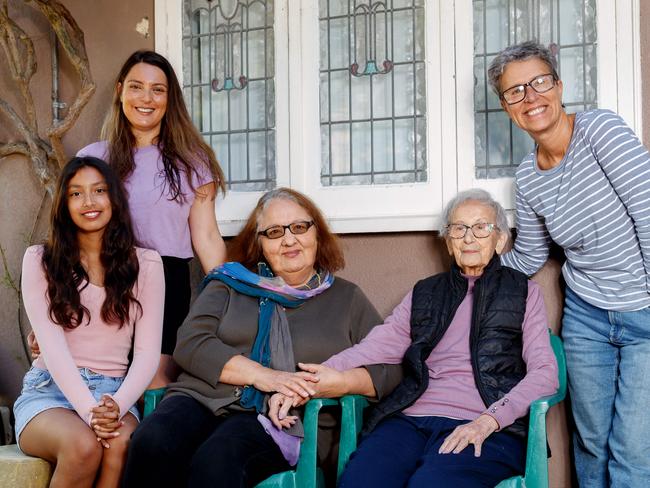
WHAT DO WOMEN WANT WHEN IT COMES TO A HOME
Property ownership is still a widely held aspiration for many Australians.
Owning a home is highly valued because it brings security of tenure as well as long-term social and economic benefits. For example, in the past 20 years, property values have surged by 140 per cent, while wages have risen by just 81.5 per cent.
However, women generally do not enjoy the same financial stability as men.
An ANZ study into financial wellbeing found 64 per cent of women feel confident they can plan their financial future, compared with 71 per cent of men.
The study found multiple reasons for this, including women at all ages feeling unsure of the risks associated with financial products, and the impact of having children on their earning potential.

Overall, men still own more property individually in Australia than women (29.9 per cent versus 26.8 per cent in 2023).
They also own more properties individually as investments than women (36.3 per cent versus 29.5 per cent) and more owner occupied properties than women (27 per cent versus 25.6 per cent).
Men also own more houses than women (28.5 per cent to 24.1 per cent). However, the number of properties co-owned by a man and woman has fallen from 43.5 per cent in 2022 to 43.4 per cent in 2023.
Same-sex marriages, which have decreased each year since their introduction in 2017, make up the lowest volume of ownership of properties.
But further analysis shows women own more apartments than men – 35.7 per cent compared with 34.6 per cent.
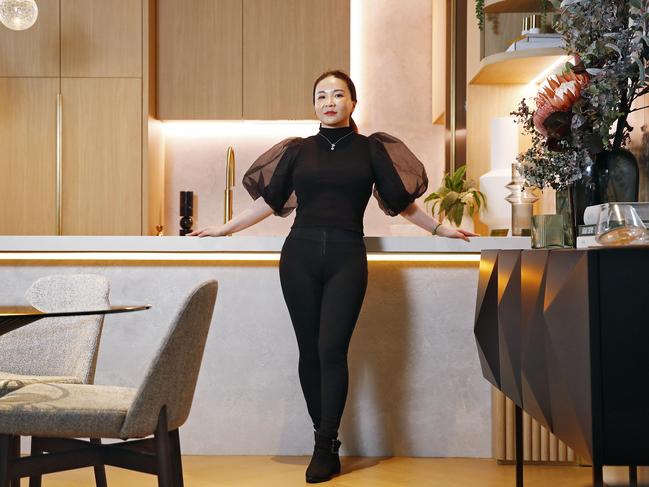
There are several reasons for this.
An apartment is more affordable than a house (for example, the median price of a house in Sydney is $1,359,936 compared with an apartment at $822,145) so it is easier to service a mortgage for an apartment on a single income rather than a mortgage for a house.
Women also prefer apartments because they are commonly located in areas with good transport links and communities, offering both security and social opportunities, said buyer’s advocate Nicole Jacobs.
“Security is a priority for women, especially if they are living in the property by themselves or with their kids and no partner,” she said.
“The area is important if they have kids and, of course, travel time to schools. If raising their kids in two households, they are often aware of the time between the two houses and making it as easy as possible for the kids to adjust and everyone to coexist.”

Jacobs said women need to be close to their work, transport links and shops just as much as they need to be among friends.
“Most women really see value in being close to their social groups and this is a key driver when making a purchase decision,” she said.
HOW ARE WOMEN INFLUENCING HOME DESIGN?
Design experts say women are wielding more influence over home design as they increasingly find the financial means to buy their own property.
Internationally renowned architect Blainey North, who has offices in Sydney, London and New York, said as women become better paid and have more financial independence they are buying homes for themselves that reflect their own taste and style.
“For quite some time now I’ve observed women worldwide have been acting with more and more agency,” she said. “One of the ways in which this has expressed itself is through ambition to own property.
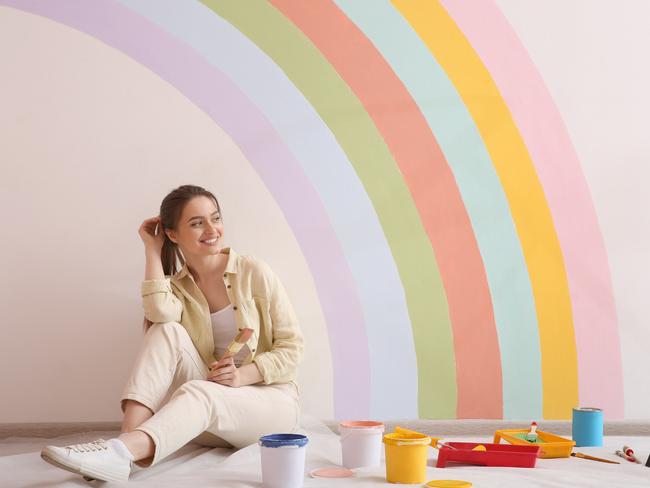
“We have more and more clients who are women, who are building their own lives and careers and want spaces that reflect who they are and who they want to be.”
Increasingly, women are buying apartments, she said, and especially in the post-pandemic
era, they are wanting these apartments to have separate kitchen and living zones.
“What women want, what we all want, is a space that we can connect to, feel peace and enjoy living in,” she said.
“After experiencing long periods of being together we understand how important personal space is within an apartment.”
Australian interior designer Bianca Fraser, director at the Unlisted Collective, said the best design is functional and accessible for all genders.
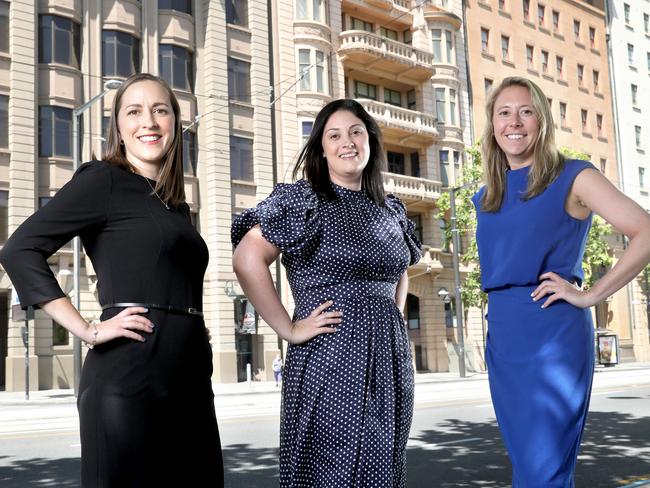
“Women may consider a space which includes design features such as a generous wardrobe, functional kitchen, well designed bathrooms, open floor plans, natural light,” she said.
“Many of these features are also those that are generally sought after by anyone looking for features in a home, being male or female. Our design work is aimed at both men and women.”
WHERE ARE WOMEN BUYING THEIR DREAM HOMES?
Research by CoreLogic suggests that when women can afford it, they are more inclined to buy property than their male counterparts. And when they do buy, it tends to be in areas with more expensive properties and higher incomes.
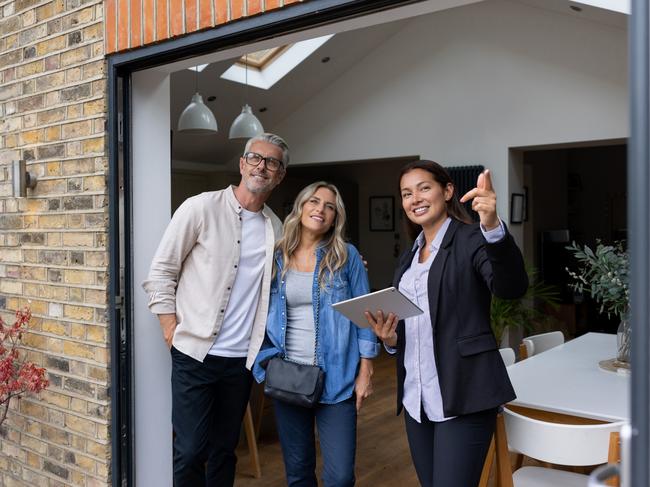
For example, the two regions with the highest female property ownership in the country, Sydney’s eastern suburbs and northern suburbs, while both having higher ownership rates than men (37.3 per cent versus 32.8 per cent, and 36.6 per cent versus 31.8 per cent respectively) are also the regions with some of the highest property prices in the country.
Overall in Australia, women own properties with a higher median value than men – $728,261 for female owners compared with $717,079 for male owners.
This can be explained by women tending to buy properties in more populous, high-value markets, while male property ownership is higher in states and territories such as Queensland, the Northern Territory and Western Australia where male dominated industries like mining and construction are more common.
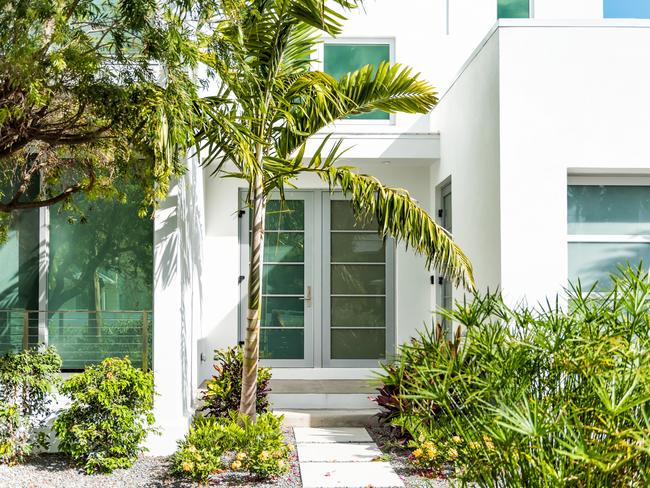
Women understand the importance of owning property for their wellbeing and their financial
security.
It is clear that when they have the means, they will buy. So, as Australia continues to head towards pay parity, it is reasonable to expect the gap between men’s and women’s property ownership in all categories will close.
* John McGrath is the founder, managing director and chief executive officer of McGrath Estate Agents
Originally published as How women are beating men in the real estate game




